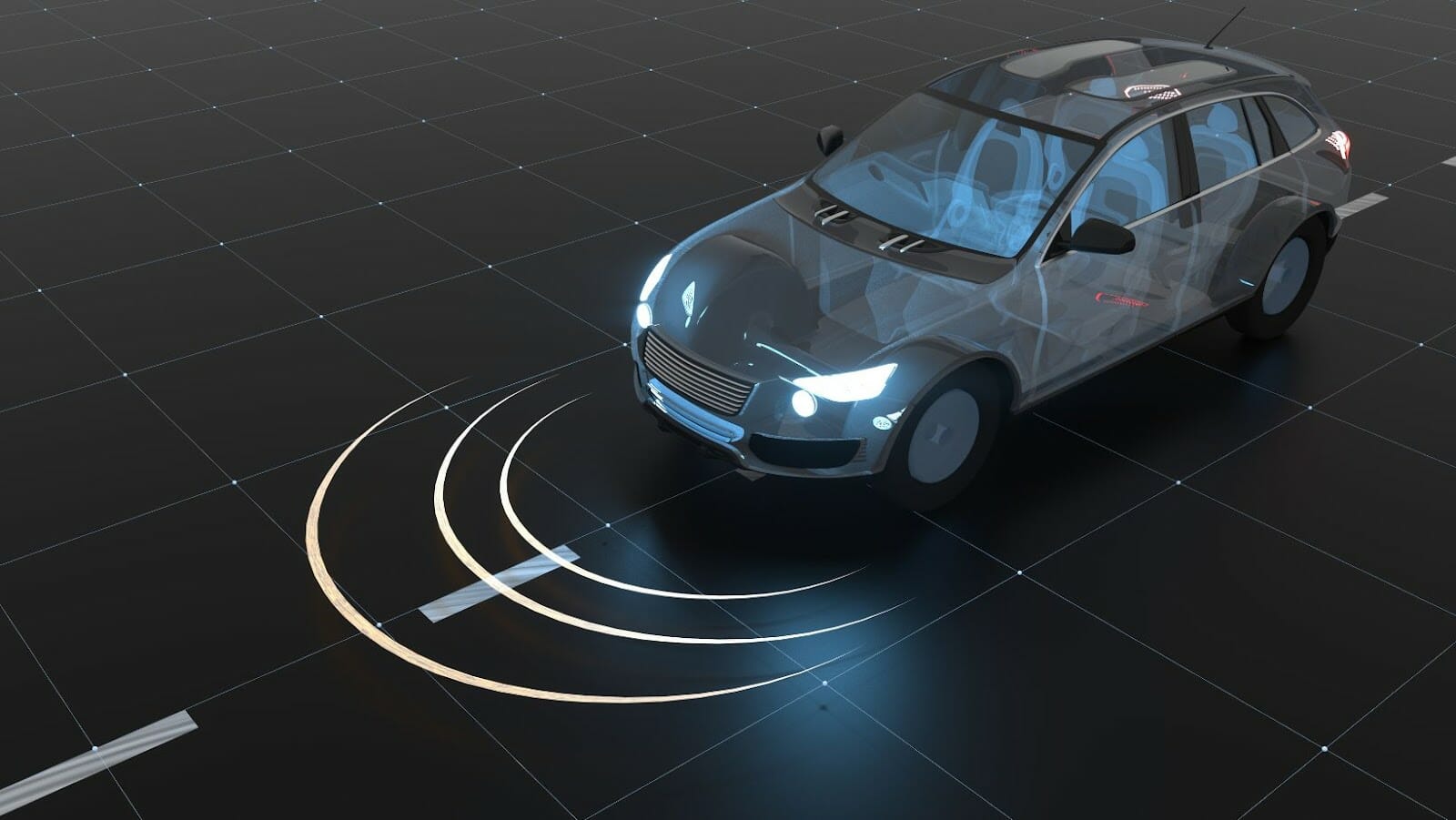
Beijing has granted permits for driverless robotaxis to two major Chinese technology companies – Baidu, Inc and Pony.ai. This permission gives Beijingers access to the latest autonomous transportation service where passengers can hail a driverless car from their mobile device.
The two companies are among five firms allowed to offer their autonomous vehicle services in the city. The government grants these permissions after completing rigorous testing and safety evaluations of their technologies. The news of these permits come as part of Beijing’s initiative to encourage more tech investment and innovation in transportation solutions.
Baidu is currently running its Apollo Go Robo Taxi service in three locations within Changping District, while Pony.ai plans to launch a similar service starting next month in Yizhuang District.
This is just a sampling of how never-before-seen technology is being used in China today and how it’s disrupting traditional transportation models by providing safer, quicker and more affordable trips to end-users without risking human life during operation.
Overview of Baidu and Pony.ai
Baidu and Pony.ai are two companies that have recently been granted driverless robotaxi permits in Beijing. Both companies are innovators in the autonomous driving industry with Baidu having developed their self-driving operating system Apollo, and Pony.ai having achieved the first level 4 autonomous driving in China.
Let’s take a closer look at these two companies and learn more about the permits they have been granted.
Baidu’s Driverless Car Development
Baidu, the world’s leading Chinese search engine company, is spearheading driverless car development in the country. Founded in 2000, Baidu’s autonomous mobility unit Apollo has released many open source technologies and tools that have allowed many companies worldwide to have access to self-driving technology.
In 2017, Baidu gained China’s first government permit to test unmanned vehicles on 35 specially designated roads in Beijing. Since then, they have formed numerous partnerships with Chinese automotive companies including BAIC Group, Chery New Energy Automobile Technology Co., Ltd., and foreign companies such as Volkswagen and Continental AG.
These partnerships have seen many successes since 2017 such as the announcement in late 2018 where Baidu launched two fully autonomous trucks on six Beijing roads for limited cargo trials. Then in 2019, Baidu achieved Level 4 autonomy for passenger cars during an event that announced plans to launch driverless taxi services by 2021 through their Apollo Go Robotaxi program. The same year also saw it receive permission from Beijing authorities for road testing a new passenger vehicle for driverless taxi services within Yizhuang Economic and Technological Development Zone – one of five pilot zones located on the southern rim of Beijing municipality.
Most recently, Baidu was granted permission from local authorities in January 2021 to operate driverless robotaxis during daylight hours within an area of 70 km², making Beijing home to only 10 organizations worldwide that can operate robotaxis without any safety drivers or remote controls!
Pony.ai’s Driverless Car Development
Pony.ai is a leading provider of autonomous driving technology, and the company has been operating its self-driving vehicles in Beijing since 2019. In addition, the Beijing government has granted the company permission to modify 200 of its cars to become robotaxis, which will be used in the city’s pilot program.
The vehicles will have an advanced suite of sensors, including cameras, LiDAR, radar and ultrasonic sensors, allowing them to detect objects at a greater distance than human-driven cars. Additionally, Pony.ai’s Fleet Pilot technology allows its vehicles to consider external factors like traffic lights, lane markings and curbs when deciding how to navigate a given course.
Specifically for Beijing’s pilot program, Pony.ai’s driverless cars are asked to operate in busy areas with high pedestrian densities, poor visibility and complex roadsides – all areas where their cutting-edge technologies excels over any other self-driving system already available on the market today.
Beijing grants Baidu, Pony.ai new driverless robotaxi permits
Beijing has granted two autonomous transport companies, Baidu and Pony.ai, permits to operate driverless robotaxis in the city, paving the way for the duo to deploy their vehicles in the capital.
The permits are the first of their kind in the Chinese capital, and mark a major step forward for the capital’s growth in developing autonomous vehicles in Beijing.
Baidu’s Permit
Baidu Inc., better known as the “Google of China,” was recently granted a new driverless robotaxi permit from the Beijing Municipal Commission of Transport. This permit will allow them to begin testing their autonomous vehicles on public roads in the city, providing a safe and efficient alternative for transportation.

The permit comes after rigorous safety testing of Baidu’s self-driving vehicles in small closed off areas such as parking lots and industrial parks. These tests have shown positive results regarding the cars’ safety, reliability, and operational stability. Strict regulations from the commission have ensured that all tests are conducted responsibly with specialized personnel to oversee operations.
The permission also permits Baidu to begin preparation for broader commercial deployment, including installing more sensors and cameras and merging robotic AI capabilities into existing vehicular hardware infrastructure. The Beijing government will monitor the development and hold Baidu accountable if any issues arise given its core mission is to ensure public safety at all times.
Pony.ai’s Permit
Earlier this week, Pony.ai announced that the government granted 8 robotaxi permits in Beijing, making it one of the first companies to receive approval for driverless taxi services on public roads in the Chinese capital. This will enable Pony.ai to perform lots of testing with their autonomous driving vehicles and ultimately pave the way for commercial launch of their driverless vehicles in 2021.

Pony.ai aims for a public launch as soon as possible and plans to use its current industrial customers as early adopters in its full-fledged deployment plan. The company is currently operating pilot services in Guangzhou and Shanghai. In addition, it has recently deployed its vehicle fleets across California, using their regional headquarters as city hubs for expansion into local markets worldwide.
As part of the ongoing expansion into other Chinese cities, most notably Beijing and Shanghai, Pony.ai is actively looking to partner with municipal government departments to ensure safe and efficient operation of robot taxis on public roads alongside existing transport providers such as buses or cabs. The newly-granted permit will allow Pony.ai to further test out its autonomous vehicles with high safety measures being an absolute priority at all stages of development leading up to commercial launch.
Benefits of the New Driverless Robotaxi Permits
The driverless robotaxi permits granted to AI companies Baidu Inc. and Pony.ai will significantly reduce the workload of traditional taxi drivers, allowing them to focus their attention elsewhere. In addition, this technology emphasizes passenger safety while improving the overall transport experience in Beijing by providing food delivery, delivery services and autonomous car operations in certain areas and operating a wide range of scenarios with other functions.

The new technology also provides a more efficient commute for passengers by providing an enhanced accessibility that helps reduce congestion in traffic areas such as popular shopping districts or busy roads on days with heavier traffic. In addition, the driverless cars are equipped with advanced mechanisms for cognitive mapping, automated driving and real-time navigation, easily updated with new data such as traffic pattern shifts from road works or holiday events.
The permits benefit the passengers and provide substantial economic opportunities for companies by expanding into industries such as tourism and travel, entertainment platforms, ride-sharing services and even transportation systems. With the addition of these powerful aspects to the city’s infrastructure, there is no better time than now for businesses to take advantage of this technological advancement for their growth prospects.
Conclusion
Driving technology is advancing rapidly and cities are preparing for the future of transportation where driverless vehicles are commonplace. Beijing has granted Baidu and Pony.ai two new driverless robo taxi permits, a move that signals their commitment to stay ahead in incorporating autonomous driving technologies into their urban infrastructure.
The two companies will be able to develop, manufacture, and operate self-driving vehicles on designated roads in the capital city by using the permits granted by the municipal government. This adds to the list of cities worldwide such as Phoenix, Berlin, Detroit, Sydney and Guangzhou who have taken similar steps when introducing customers to autonomous vehicle transport services for everyday use.
The arrival of good quality autonomous vehicle services in cities has been predicted for a long time, and now this groundwork has been laid with Beijing granting such licenses. It would be interesting to see how these two companies leverage the licenses they have been granted to develop successful autonomous vehicle fleets and transform their urban transportation infrastructure into one that is fit for tomorrow’s demands.












